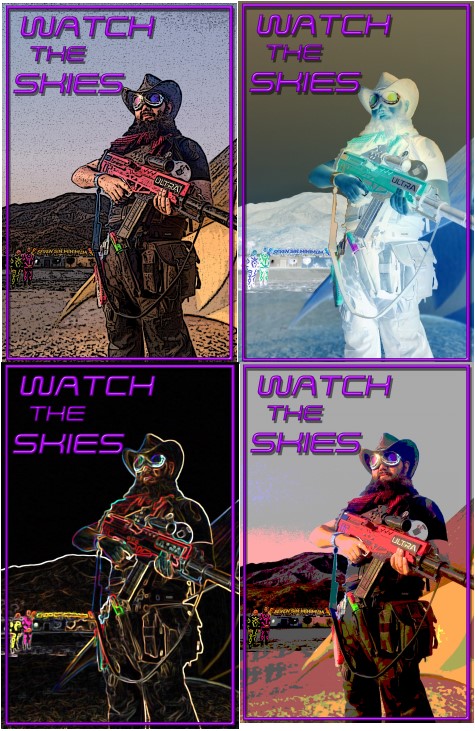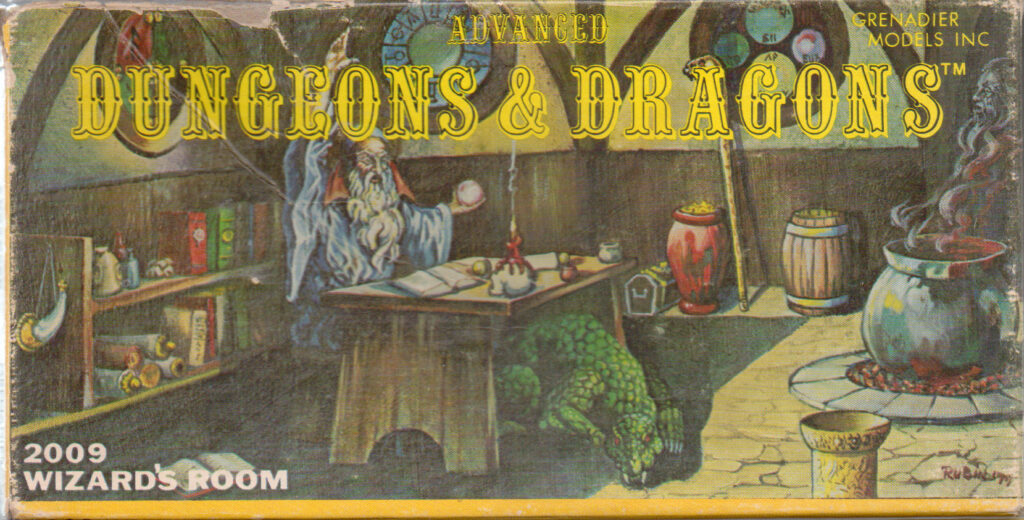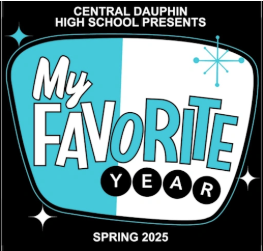I’ve seen a couple of different posts lately that talk in various aspects about how poorly certain conventions either have been run or are currently being run. I think a new pastime is going after convention staff and criticising what they do. Admittedly, some of them do need a critical eye turned their way. Creating something for other people to consume is not an easy thing. Doing that – putting your work out there for the scrutiny of others – is no easy thing. Creating something… anything is work. I have found it very difficult dealing with people who make nothing of their own but take great joy when they criticize or tear down the things that others have made. I know, I know – not something new. Internet trolls have been around and they are not going away.
Let’s start with World Con. A group of volunteers working to create something for the world and getting bashed left and right. Sometimes (often) justified, and sometimes not. Their choices for the current incarnation have been subject to a lot of scrutiny. I don’t know if the current set of choices under the critical eye were given much in the way of thought in terms of how others may react. Using tools like AI to create their convention seems like a time saving idea. Others have seen that as catastrophic and called it that. Do I think that using AI is some desperate or despicable act in terms of running a convention? No. No I do not. Do I think that it’s very easy to point fingers at a volunteer crowd when they are overwhelmed with work and say clearly you should have thought this out? Yes, it’s very easy to point fingers. Do I think there are better choices out there? Maybe. I’m not a fan of AI. I don’t suspect that I ever will be. Do I think that worldcon should use all the tools at its disposal? Absolutely. I would say that there needed to be some thought given to how those tools are presented. I think AI at this stage of its development is problematic on a good day, but I don’t know that it’s an end of the world scenario. They’re not creating Skynet, they’re sorting panelists and other information sorting tasks. Is a human touch better? When it comes to dealing with people and how they feel, it sure is. Worldcon has done enough damage to itself over the past few years that this just feels like piling on.
Worldcon clearly has a long way to go. They have struggled and they will continue to struggle. I actually hope the learning curve will help them to become a better and stronger convention going forward in the future. Long ago the con that presented the Hugo was a powerful thing. Now? Now I wonder at the value of the brand. I have stopped advocating to get onto the Hugo nomination list. Maybe someday that will change. Here’s a thing I wrote about my last interaction with them: https://www.ehardenbrook.com/withdrawal/
The other convention is a convention debacle that has been making the rounds on book tok and reviewer blogs. It is either a monumental underestimation by those without experience OR a naked cash grab by some less than scrupulous company. I’m talking about the “Million Lives” convention for ‘Romantasy’ authors and fans. I have no first hand knowledge of the event – but the reports are calling this the equal to the Fyre Festival. Check out one of the reports here.
The thing about this kind of event is… effort. Fans, particularly fans laying out hundreds of their hard earned bucks, want results. I’ve seen it first hand. I know the sort of effort it took when the kids programming team set out to run a successful weekend for a few dozen children. Now amplify that to a point where you believe you’re going to fill a section of the Baltimore convention center. That’s a tall order.
This debacle feels like one of two things. First, it could be an ‘event company’ that really overshot on their first attempt. If that’s true, this will kill that company. Second, and the more cynical part of me believes this, the so called event company is at least a partial scam because they can skate away with the cash and it doesn’t really matter what happens with the attendees in their view. This particular convention (from all accounts) was a complete disaster. When I say complete – I mean from the things that people take for granted, like directional signage, all the way through an entertainment venues layout. The use and decoration of spaces in a convention location will only go so far. A bare concrete floor generally doesn’t say fantasy ball to me.
Grandiose visions, expansive events and immersive atmosphere take time, effort and cash. Emphasis on the effort.
I guess (in this jumble of words that I have just sort of laid out here) what I’m trying to say is creating a thing like a convention is not easy. It is time-consuming and takes a team of dedicated people to do it. Sometimes things go wrong. Sometimes things go catastrophically wrong. Sometimes that is the fault of the staff and sometimes it’s not.
I hope, as I head out next weekend, to attend a convention, that Lessons Learned and growth will be part of how things are moving forward. I really wanted to go over these things just because I want to see Science Fiction and Fantasy conventions succeed. What does that level of success look like? I don’t know. Maybe everyone wants it to become Comic-Con but what we will be left with in the end is returning to something like what conventions were in the past. Smaller events, more tightly controlled and made for and with the Fans.
After I return from the Baltimore science fiction convention this year I intend to do a write-up as I always have in the past about my personal experiences and my thoughts on how things went. Maybe, if I’m really energetic, I’ll be able to post while I’m there! Stay tuned to find out!






